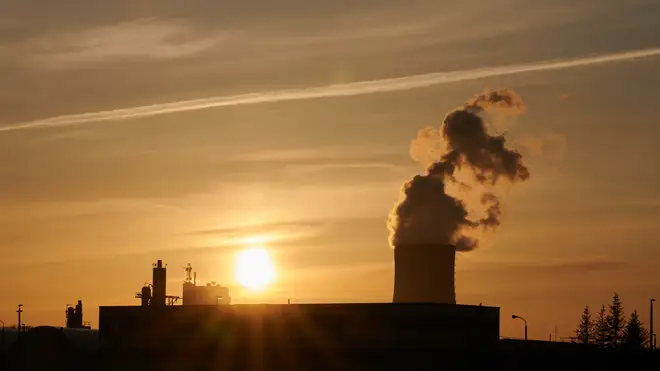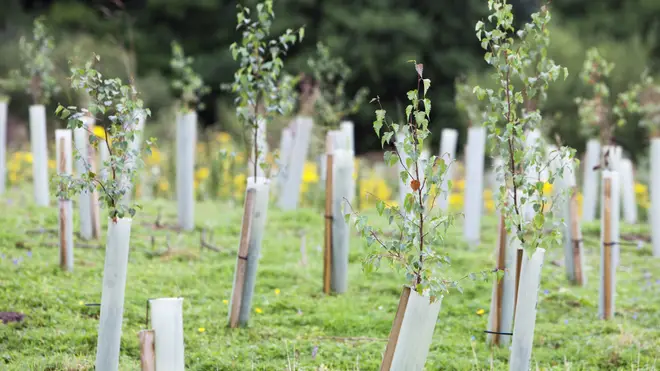
James O'Brien 10am - 1pm
18 May 2021, 11:59

No new fossil fuel boilers can be made or sold after 2025 if the world wants to reach net-zero global emissions by the middle of the century, the International Energy Agency (IEA) has said.
It is one of hundreds of steps outlined by the IEA, which also includes an end to sales of new petrol and diesel passenger cars by 2035, to achieve the “narrow but achievable” goal of net-zero emissions by 2050.
"The scale and speed of the efforts demanded by this critical and formidable goal - our best chance of tackling climate change and limiting global warming to 1.5C - make this perhaps the greatest challenge humankind has ever faced,” said Fatih Birol, IEA executive director.
"Our road map shows the priority actions that are needed today to ensure the opportunity of net-zero emissions by 2050 - narrow but still achievable - is not lost.”

'Our waste is completely overwhelming their recycling systems.'
As well as drastically reducing greenhouse gas emissions, carbon must also be captured through measures such as planting trees to have a chance of curbing global temperature rises to 1.5C.
If the temperature rises by more than that, the world will be exposed to more extreme weather, greater economic losses and lower crop yields, higher sea levels and greater damage to wildlife and habitats.
Read more: Extinction Rebellion activists tip 'coal' outside Lloyd's of London insurance market
The IEA report said that developed economies must lead the way, by halting investments in new oil and gas projects and aiming to achieve net-zero by 2035.
Whilst the IEA described the goal as “achievable”, reaching net zero by 2050 will require rapid deployment and widespread use of technologies that are not on the market yet, including advanced batteries, technology to make hydrogen cleanly from renewable electricity, and to capture carbon directly from the air.
However, the report said that the jump in private and government spending needed to deliver the shift to clean energy will create millions of jobs and push global economic output or GDP 4% higher than it would reach on current trends.
"The IEA's pathway to this brighter future brings a historic surge in clean energy investment that creates millions of new jobs and lifts global economic growth,” said Mr Birol.

As well as a reduction in petrol and diesel cars and fossil fuel boilers, the report also recommends that no new coal mines should be built or extended, the least efficient coal plants should be phased out, and use of solar and wind energy should quadruple.
In response to the report, Charlie Kronick, senior climate adviser for Greenpeace UK, called on the Government to rule out new oil and gas licences.
"This IEA report makes it clear that no more fossil fuels are needed because demand has to fall to meet the target to keep temperature rises to 1.5C,” he said.
"There's no need - and no justification - for new oil and gas wells in the North Sea.”
Dave Jones, global lead for Ember, a climate and energy think tank, also welcomed the report, but said that gas power should also be phased out alongside coal.
"The IEA calls time on fossil fuels and demands a global switch to clean electricity by 2040,” said Mr Jones.
“Wind and solar will power our way to a 1.5C world.”